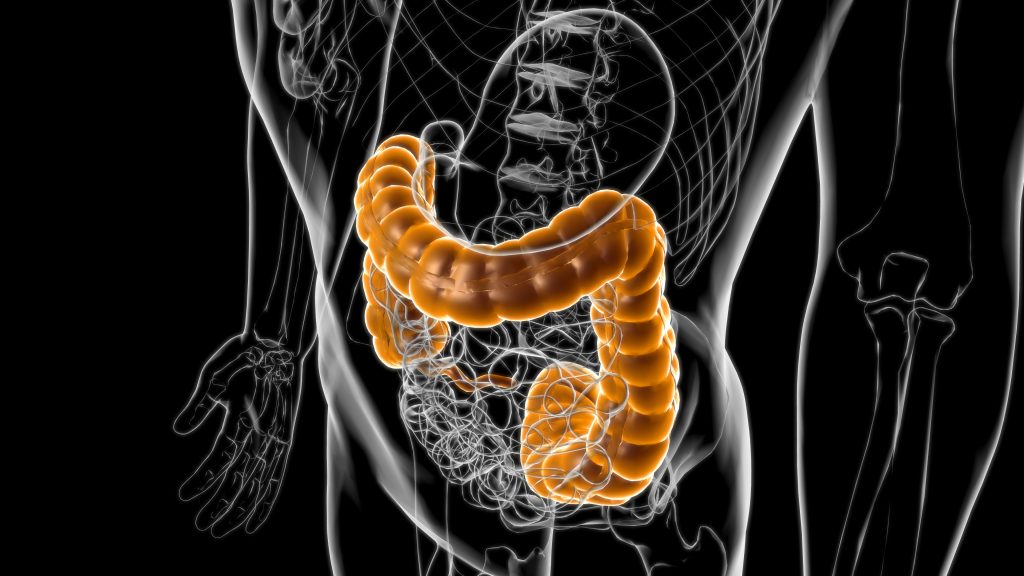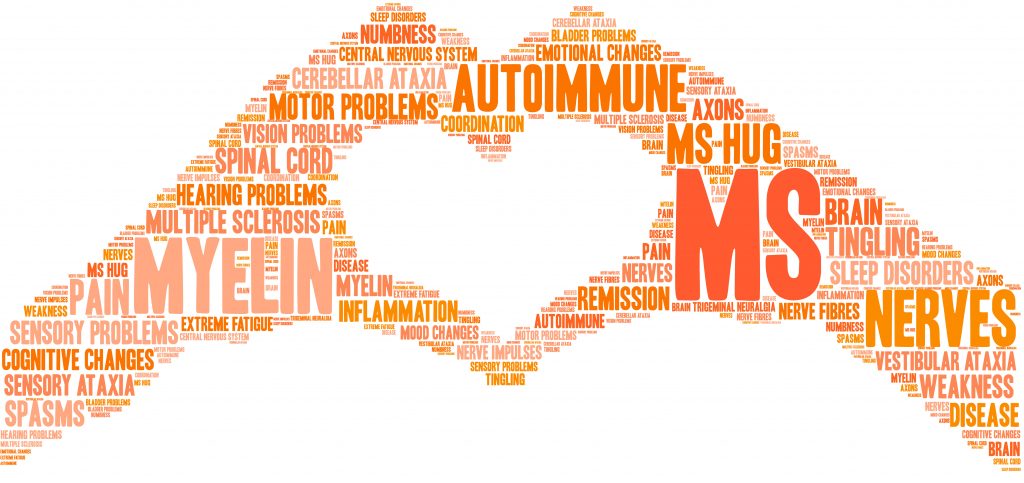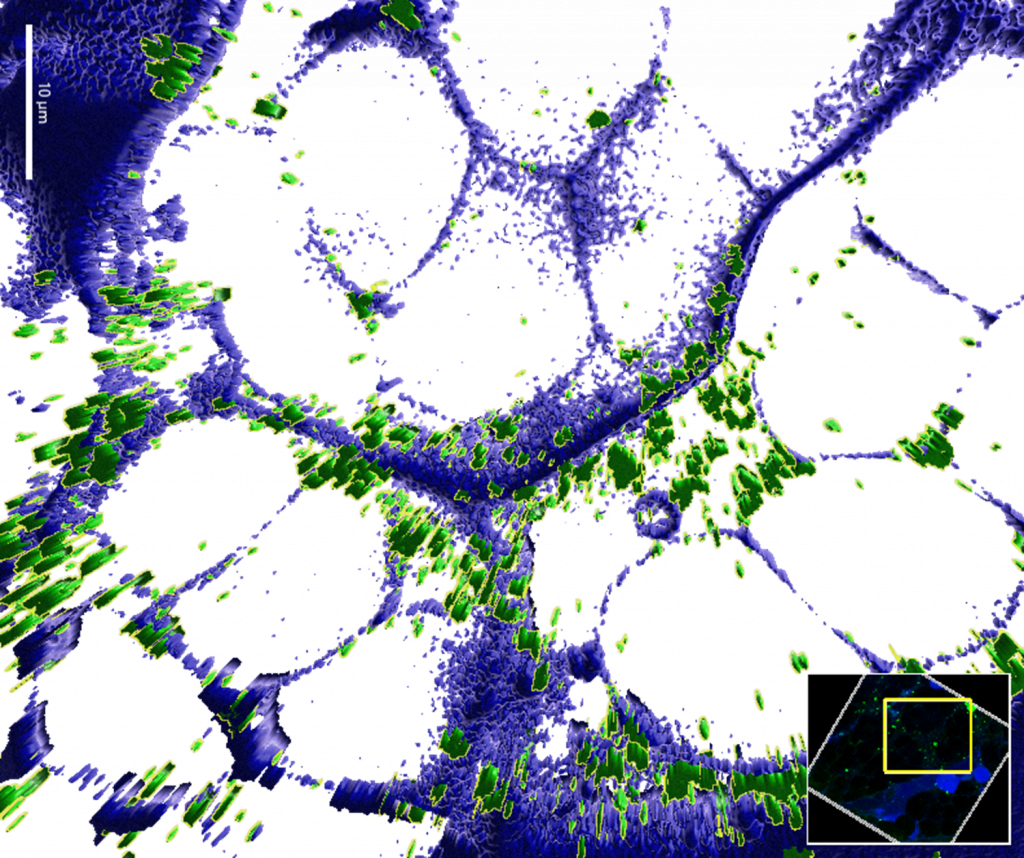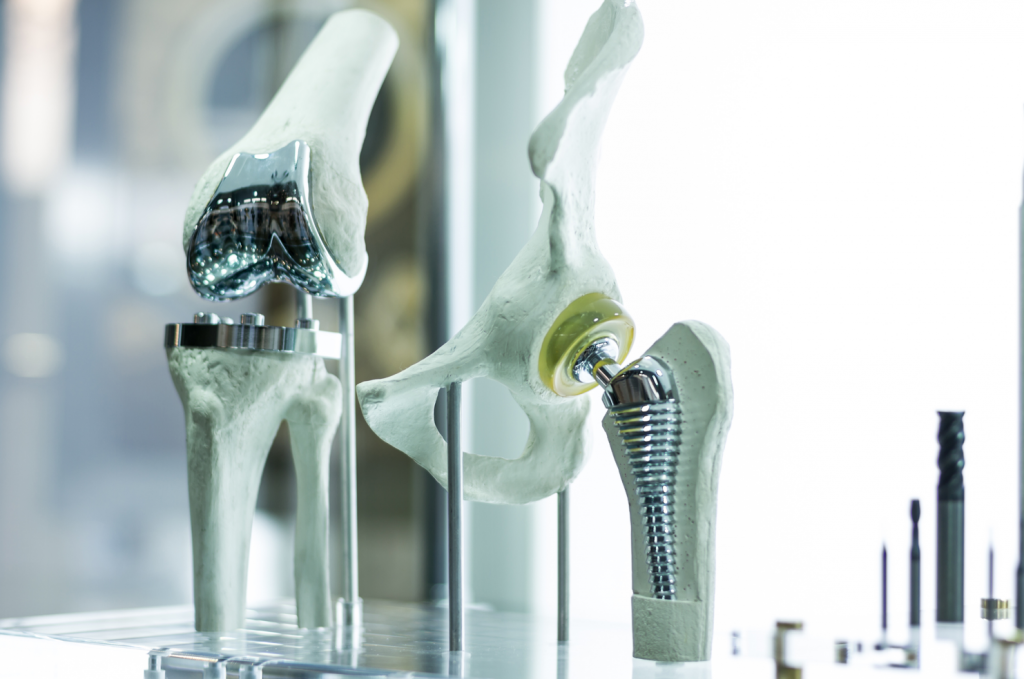Lab Notes
Researchers Receive $2.5 Million in NIH Funding to Address Placenta Accreta
Placenta accreta is a rapidly growing disease during pregnancy
September 16, 2024 | Courtney Chandler
NIDCR-funded Study Finds Females Have Lower Salivary Flow Than Males
Findings key for patient risk assessment and treatment management strategies
August 27, 2024 | Courtney Chandler
B-cell, Begone! This Protein May Protect Against Immune Malfunction
Researchers at UConn Health look for ways to defuse B-cells gone bad
August 14, 2024 | Kim Krieger
MS Changes the Microbiome Subtly but Similarly, Whether in US or Asia
Multiple sclerosis affects about a million people in the US, and millions more elsewhere in the world
August 6, 2024 | Kim Krieger
Live Longer, Die Healthier
UConn researchers have demonstrated a treatment that could lengthen life—and vigor—up to the very end
August 5, 2024 | Kim Krieger
When Multiple Sclerosis is Personal
Neuroscientist Stephen J. Crocker, Ph.D. of UConn School of Medicine and colleagues are on a hunt for a new treatment for MS
July 30, 2024 | Lauren Woods
When Location Changes the Message
Exploring the inner workings of stem cells
March 6, 2024 | Kim Krieger
Researchers Heal Heavy Metal Poisoning from Implants
Breakthrough could be boon for those with hip or knee replacements
November 8, 2023 | Kim Krieger
UConn Health Researchers Find that Youthful Proteins Help Nerves Regrow
'We are deciphering the mechanism of axon regeneration piece by piece'
October 19, 2023 | Kim Krieger
Medical Student Studies Brain Network Changes in Epilepsy
For people with epilepsy, a seizure can occur without warning, causing sudden loss of consciousness and a dangerous convulsion. Medications can prevent seizures for some patients, but more than a third of patients continue to have attacks despite using appropriate seizure medications. Researchers in the UConn Department of Neurology have begun to investigate how brain networks differ between people who have epilepsy and those who don’t.
September 5, 2023 | Jennifer Walker









